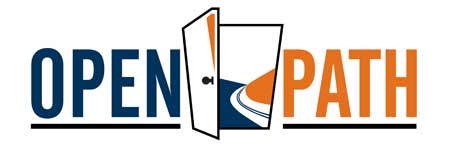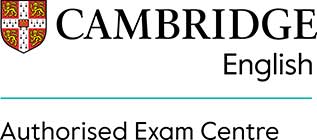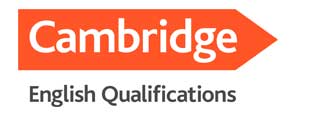
B2 First for Schools
B2 First for Schools, formerly known as Cambridge English: First for Schools (FCE for Schools), is one of our Cambridge English Qualifications. It gives students the confidence to use their English in the real world.
A B2 First for Schools qualification shows that a student has the language skills they need to communicate in an English-speaking environment.
It’s also a great way to prepare for higher-level exams such as C1 Advanced.
B2 First for Schools is targeted at the same CEFR level as B2 First but with content aimed at school-age learners rather than adults.

A B2 First for Schools qualification shows that students can:
- communicate effectively face to face, expressing opinions and presenting arguments
- write clear, detailed English, expressing opinions and explaining the advantages and disadvantages of different points of view
- follow the news
- write letters, reports, stories and lots of other types of text.

Reasons to choose B2 First for Schools:
- Easily integrated into a school’s curriculum.
- Part of a suite of exams that offer step-by-step progression for students.
- Comprehensive support with exam preparation and administration.
- Students can gain a valuable qualification that is accepted worldwide
Test Format
The updated B2 First for Schools exam (for exam sessions from January 2015) is made up of four papers developed to test students’ English language skills. You can see exactly what’s in each paper below.
The formats below are the same for both the paper-based and computer-based exams. Please note that computer-based (CB) exams are being replaced by Cambridge English Qualifications Digital in February 2024. Visit our Cambridge English Qualifications Digital webpage to find out more.
Reading and Use of English
Paper : Reading and Use of English (1 hour 15 minutes)
Content : 6 parts/ 32 questions
Purpose : Students need to be able to understand a range of texts, including how they are organised and the opinions and attitudes expressed in them. The texts will be from sources familiar to school-aged learners, such as magazines, articles, fiction and advertisements, but targeted at the interests of students.
Students’ use of English will be tested by tasks which show how well they can control their grammar and vocabulary.
Writing
Paper : Writing (1 hour 20 minutes)
Content : 2 parts
Purpose : Students are required to produce two pieces of writing. The first piece is compulsory and will be an essay of 140–190 words. For the second, they can choose from an article, email/letter, essay, review or story of 140–190 words.
Listening
Paper : Listening (about 40 minutes)
Content : 4 parts/30 questions
Purpose : Requires being able to follow and understand a range of familiar spoken materials, such as news programmes, public announcements and other sources, but targeted at the interests of school-aged learners.
Speaking
Paper : Speaking (14 minutes per pair of candidates; 20 minutes per group of three)
Content : 4 parts
Purpose : Shows you can take part in a conversation by answering and asking simple questions. Your Speaking test will be conducted usually face to face with one or two other candidates and two examiners. One of the examiners (who could be online, examining remotely) talks to you and the other examiner listens. This makes your test more realistic and more reliable. Examiners may use their mobile phones for entering marks using an app.
Results
B2 First for Schools results are reported on the Cambridge English Scale.
You will receive a separate score for each of the four skills (reading, writing, listening and speaking), giving you a clear understanding of your performance. These four scores are averaged to give you an overall result for the exam. You will also be given a grade and Common European Framework of Reference for Languages (CEFR) level.



